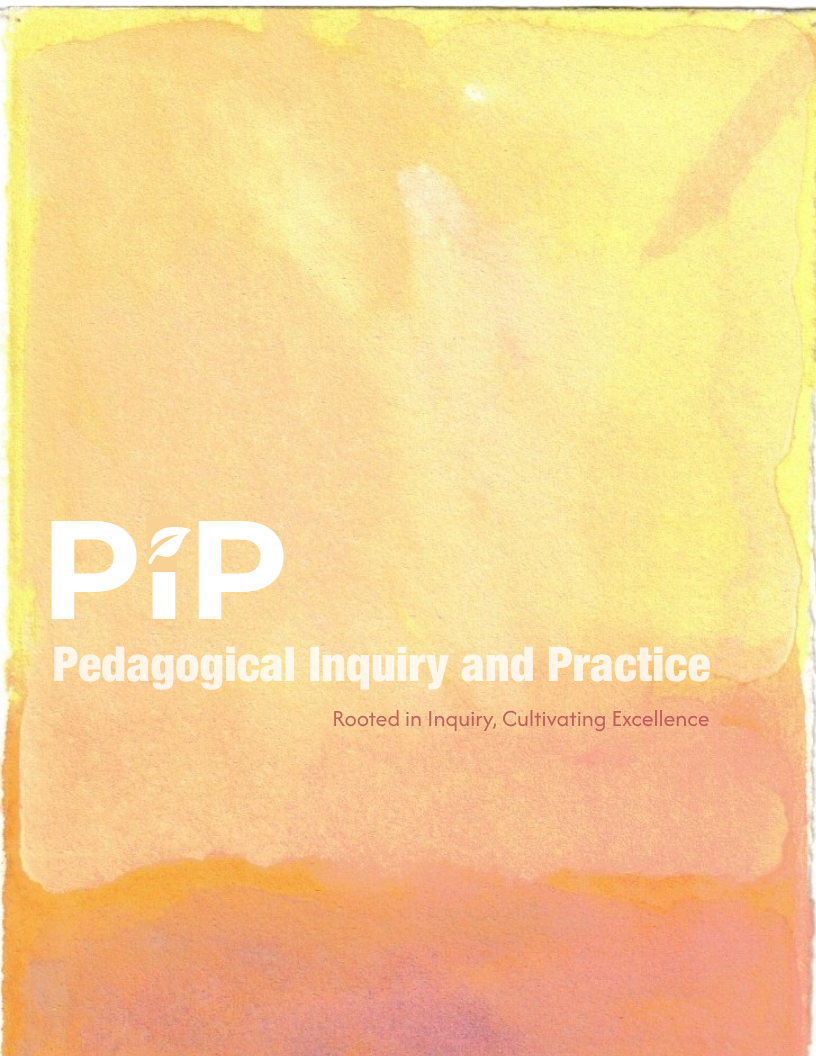Decolonizing Journalism Education: Integrating Global Indigenous Knowledge Systems and Upholding Educational Sovereignty
DOI:
https://doi.org/10.31542/73smc051Keywords:
decolonization, journalism education, education sovereignty, Indigenous knowledge systemsAbstract
This essay explores the concept of decolonizing journalism education through the integration of Indigenous knowledge systems, focusing on educational sovereignty. Drawing from the story of my grandmother—an African Indigenous woman skilled in pottery, traditional medicine, and storytelling—it highlights how Indigenous knowledge offers a rich, immersive learning experience outside formal schooling. These practices, rooted in cultural heritage and holistic understanding, challenge the rigid structures of Western education. By integrating Michelle Bishop’s framework of Indigenous education sovereignty, which includes elements such as intergenerational reciprocity, agency, time, pattern thinking, country, and relationality, this essay advocates for an innovative and transformative approach to journalism education. The essay also uses the work of Indigenous scholars from Canada, Africa, Australia, and New Zealand to provide a global perspective on educational sovereignty. It argues for moving beyond simply adding Indigenous content to reimagining education that centres Indigenous ways of knowing. Through this framework, journalism programs can become more inclusive, fostering a dynamic learning environment that values deep cultural understanding and self-determination.
References
Downloads
Published
Issue
Section
Categories
License
Copyright (c) 2025 Pedagogical Inquiry and Practice

This work is licensed under a Creative Commons Attribution-NonCommercial 4.0 International License.


